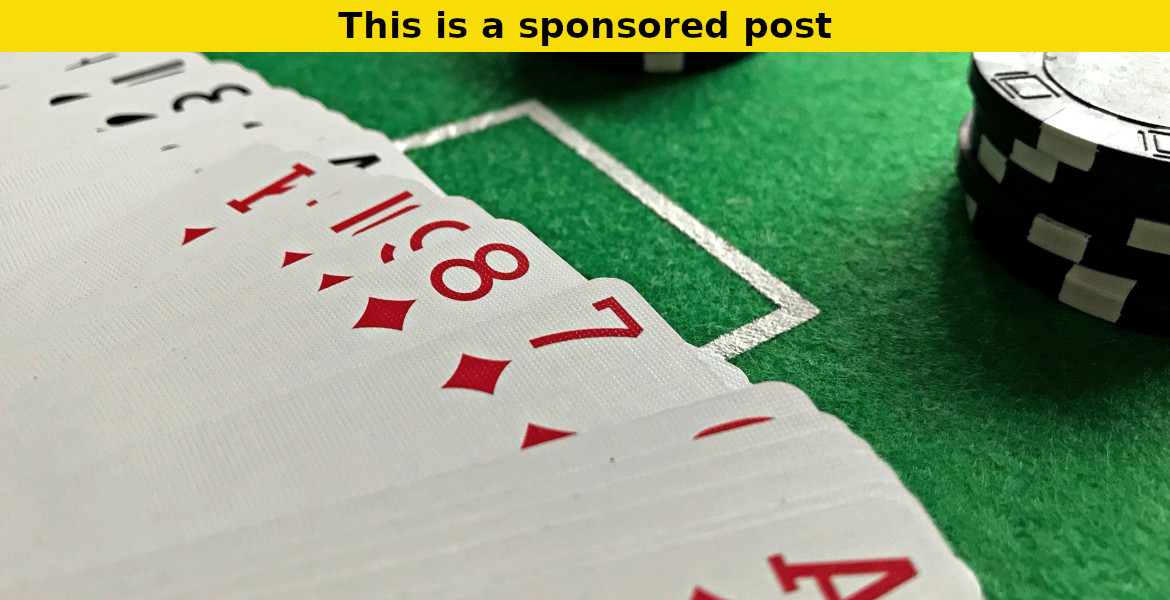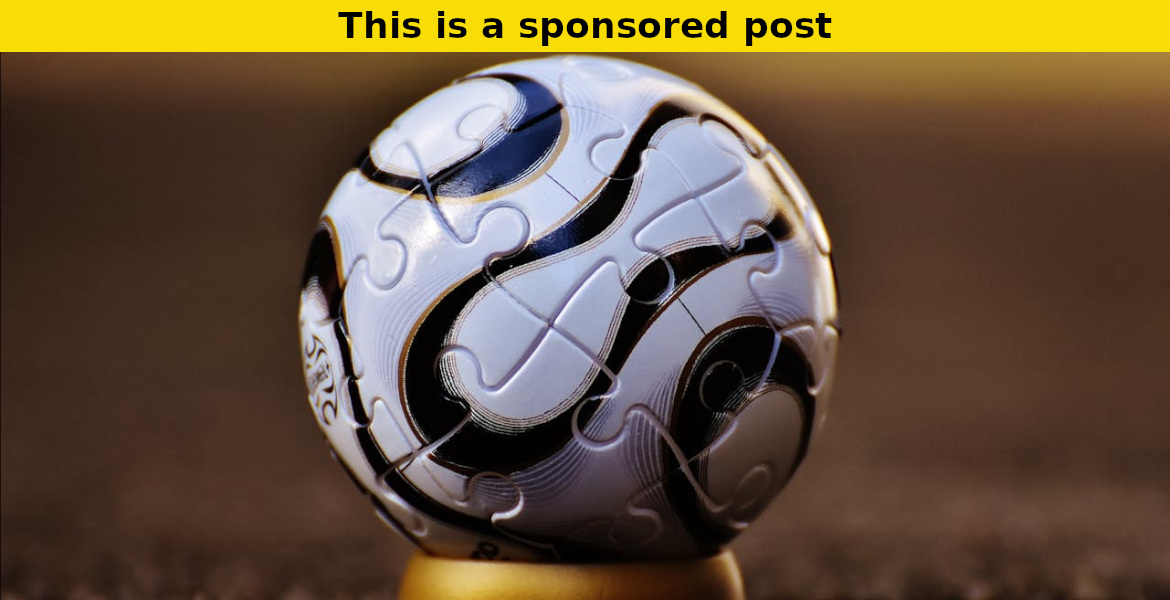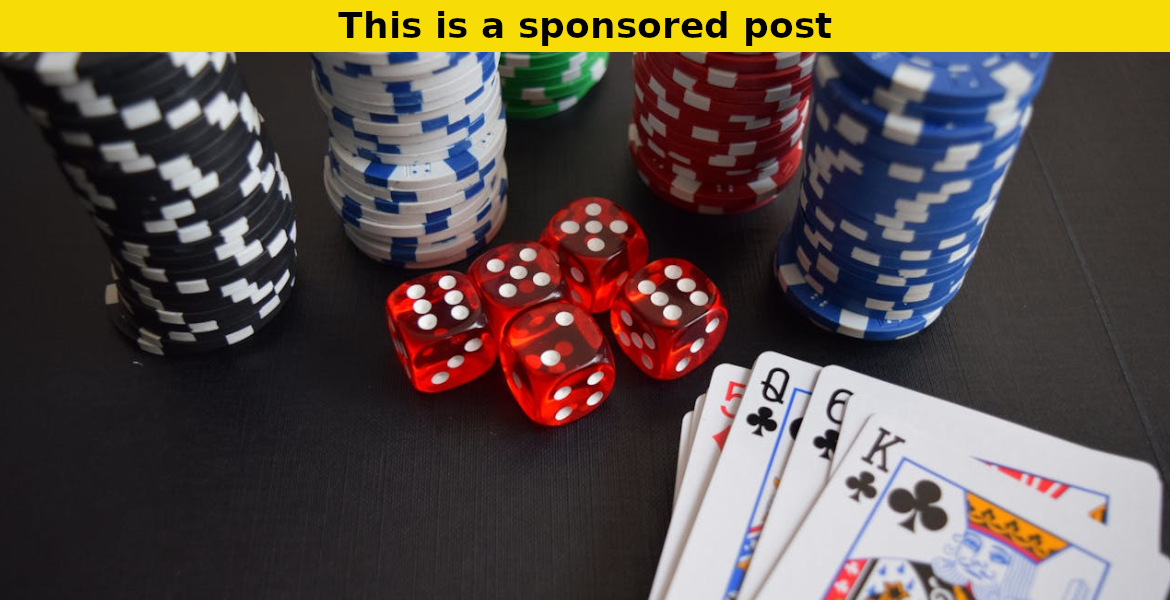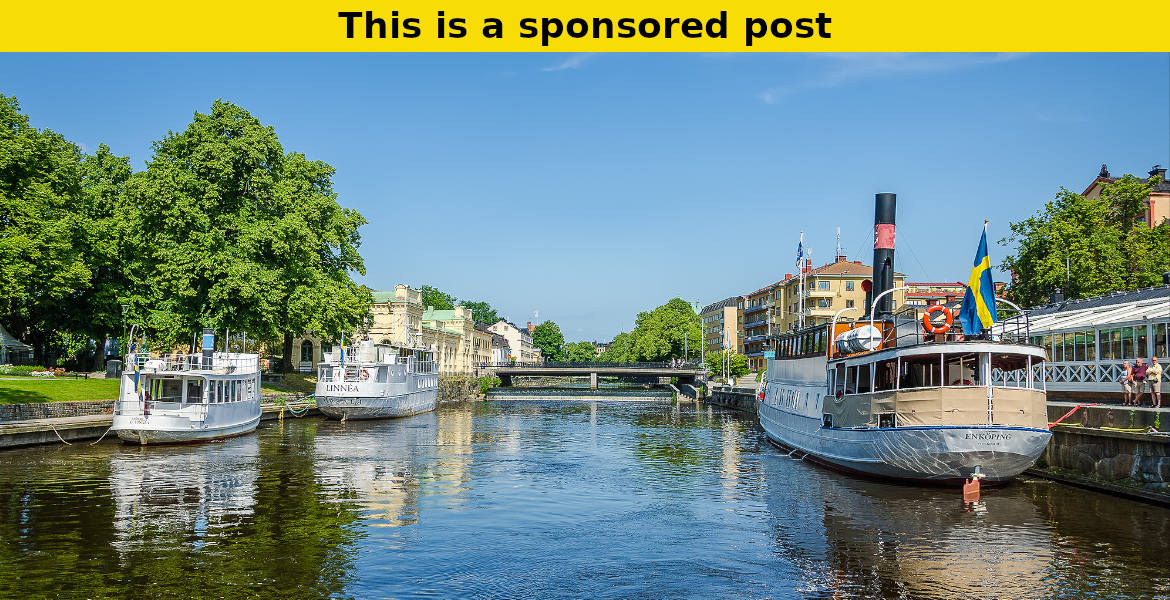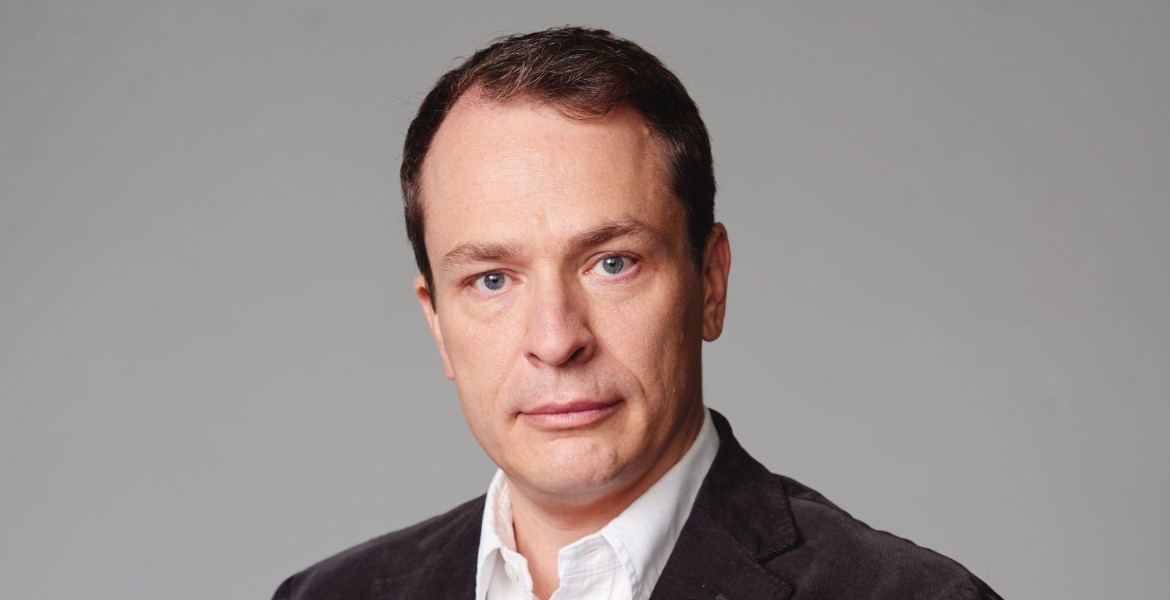Sweden and Norway, while sharing deep cultural and geographical ties, have taken remarkably different paths when it comes to regulating gambling. Sweden, influenced by European Union (EU) policies, has opened its market through a licensing system, inviting private operators into the fold. Norway, on the other hand, has upheld a strict state monopoly with a strong focus on public welfare and player protection. As gambling continues to shift toward digital platforms, including the growth of nyttcasino (new casino) sites, the contrast between these two systems becomes even more relevant.
Sweden’s Licensing System: Open Market, Open Risks
In 2019, Sweden introduced a new regulatory framework allowing private gambling companies to apply for licenses through Spelinspektionen, the Swedish Gambling Authority. The reform aimed to curtail the black market, improve consumer safety, and bring gambling revenue under national taxation.
Operators are required to integrate player protection tools, such as the self-exclusion service Spelpaus, enforce limits on bonuses, and adhere to strict marketing guidelines. These measures were put in place to mitigate potential harms—especially important during periods like the COVID-19 pandemic, when temporary deposit limits were also applied.
However, Sweden’s open market has faced major challenges. Despite licensing hundreds of operators, the country struggles to prevent consumers from turning to unlicensed, often offshore, platforms. Many of these foreign sites attract Swedish players by offering more generous bonuses and fewer restrictions—often under the banner of the latest nyttcasino platforms.
This has created a fragmented and competitive market where consumer protection can sometimes take a backseat to aggressive promotion and profit.
Norway’s State Monopoly: A Focus on Safety and Responsibility
Norway’s approach stands in sharp contrast. The government retains full control of the gambling sector through two state-owned operators: Norsk Tipping (lotteries, sports betting, online casino games) and Norsk Rikstoto (horse racing). These entities operate under strict government oversight, with profits redirected to sports, culture, and other public initiatives.
There is no licensing system for private companies, and foreign operators are not permitted to target Norwegian residents. To enforce this, Norway has implemented payment blocking mechanisms, curbed advertising by offshore sites, and taken a firm stance on unauthorized gambling.
Norway’s model is built on the principle of “responsible innovation.” The state-run platforms use advanced tools—like artificial intelligence—to identify signs of problematic gambling and intervene before harm occurs. Players are encouraged to set personal limits, take regular breaks, and stay within healthy boundaries. While new games and digital options are introduced, they are done so under the umbrella of public interest, not private gain.
This means that even when Norwegians look for a new experience, they’re often redirected to state-sanctioned alternatives that offer entertainment without excessive risk.
The EU Factor: Sweden Pressured, Norway Independent
One of the clearest reasons behind the regulatory divergence is Sweden’s full EU membership versus Norway’s looser affiliation through the European Economic Area (EEA). EU law champions the free movement of services, including gambling, and has frequently challenged national monopolies that restrict competition.
Sweden’s decision to liberalize its gambling market was in part a response to this pressure. In contrast, Norway, not being a full EU member, retains the right to restrict market access in favor of public welfare—something it has done decisively.
This independence has allowed Norway to avoid many of the enforcement headaches Sweden now faces, such as tracking unlicensed operators or regulating the booming advertisement of new players like https://www.nyttcasino.com and others.
What Lies Ahead
Though Norway’s model is more restrictive, it is widely regarded as more effective in minimizing gambling harm and promoting social responsibility. Sweden, while modern and market-friendly, faces an uphill battle in balancing freedom of choice with meaningful regulation.
Still, both countries must evolve. With digital gambling becoming increasingly mobile and borderless, tools like geo-blocking, payment filters, and education campaigns will be essential. And even Norway may one day consider a licensing model—though if it does, it’s likely to do so on its own terms.
Conclusion: Two Paths, One Goal
Sweden and Norway showcase two philosophies of gambling regulation—one embracing market competition under EU influence, the other defending state control to protect its citizens. While both systems aim to ensure fair and safe gambling environments, Norway’s firmer grip has, so far, yielded better outcomes in curbing addiction and directing revenue to the public good.
As players increasingly seek new digital experiences, including the latest nyttcasino platforms, the challenge will be how each nation balances access with accountability. In this respect, Norway may offer a model that others in Europe could learn from.
